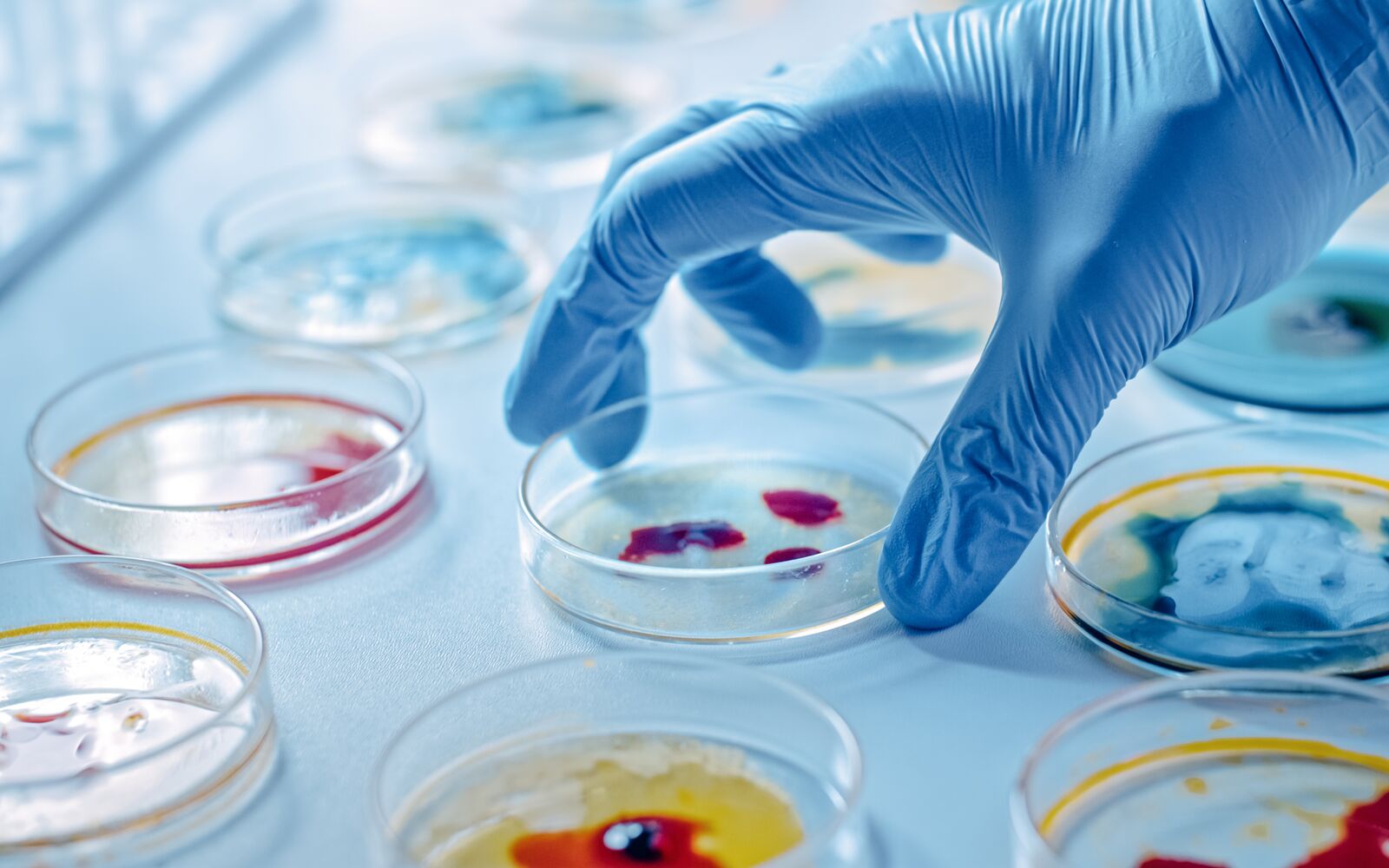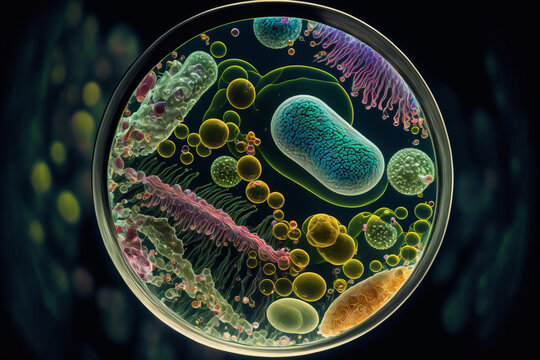
Microbiology courses focus on the study of living microorganisms such as bacteria, viruses, fungi, protozoa, algae, etc. Microbiology courses typically cover topics such as cell structure, metabolism, genetics, growth and control, environmental microbiology, etc. Microbiology courses involve fields like Medicine, Clinical Research, Agriculture, Nanotechnology, Chemical Technology, Dairy Science, etc. Microbiology courses can be done on various levels such as UG, PG, and PhD.
The minimum eligibility criteria to get admission to a Microbiology course is to pass Class 12 in the Science stream with PCB (Physics, Chemistry, and Biology) subjects with at least a 50% aggregate from a recognized board. While some colleges offer admission on a merit basis, several institutions accept CUET PG, CPGET, ICAR AIEEA, etc., entrance exam scores.
Microbiology students can seek career scope in industries such as Research Centers, Agriculture, Food, Pharmaceutical, etc. Some popular job profiles in the Microbiology field are Virologist, Mycologist, Microbiologist, Food Technologist, Parasitologist, etc. The average starting salary of a Microbiologist in India is INR 2.2 LPA.
About Microbiology Course
The Microbiology course is in high demand due to the recent increase in the complexities of diseases caused by microbes, with the global pandemic being one of the most recent examples. The core Microbiology study includes disciplines such as Mycology, Industrial Microbiology, Biostatistics, and others, providing students with the abilities required by candidates to work in the business.
Why Study Microbiology Course?
- The Microbiologist course can lead to employment chances for persons with diverse backgrounds such as bacteriologists, virologists, cell biologists, mycologists, and many others.
- After BSc Microbiology, candidates can continue their studies by enrolling in MSc programs such as MSc Microbiology, MSc Applied Microbiology, MSc Medical Microbiology, and MSc Microbial Genetics and Bioinformatics. A postgraduate degree in a Microbiology course improves candidates’ job prospects. Similarly, after finishing their PG, applicants might pursue PhD programs.
- The majority of microorganisms rapidly change their genomic architecture. This creates new research opportunities. Microbiology course graduates are always studying microbes to better understand the next wave of infectious diseases, the environmental impact of bacteria, the effect of microbes on food products, and so on.


